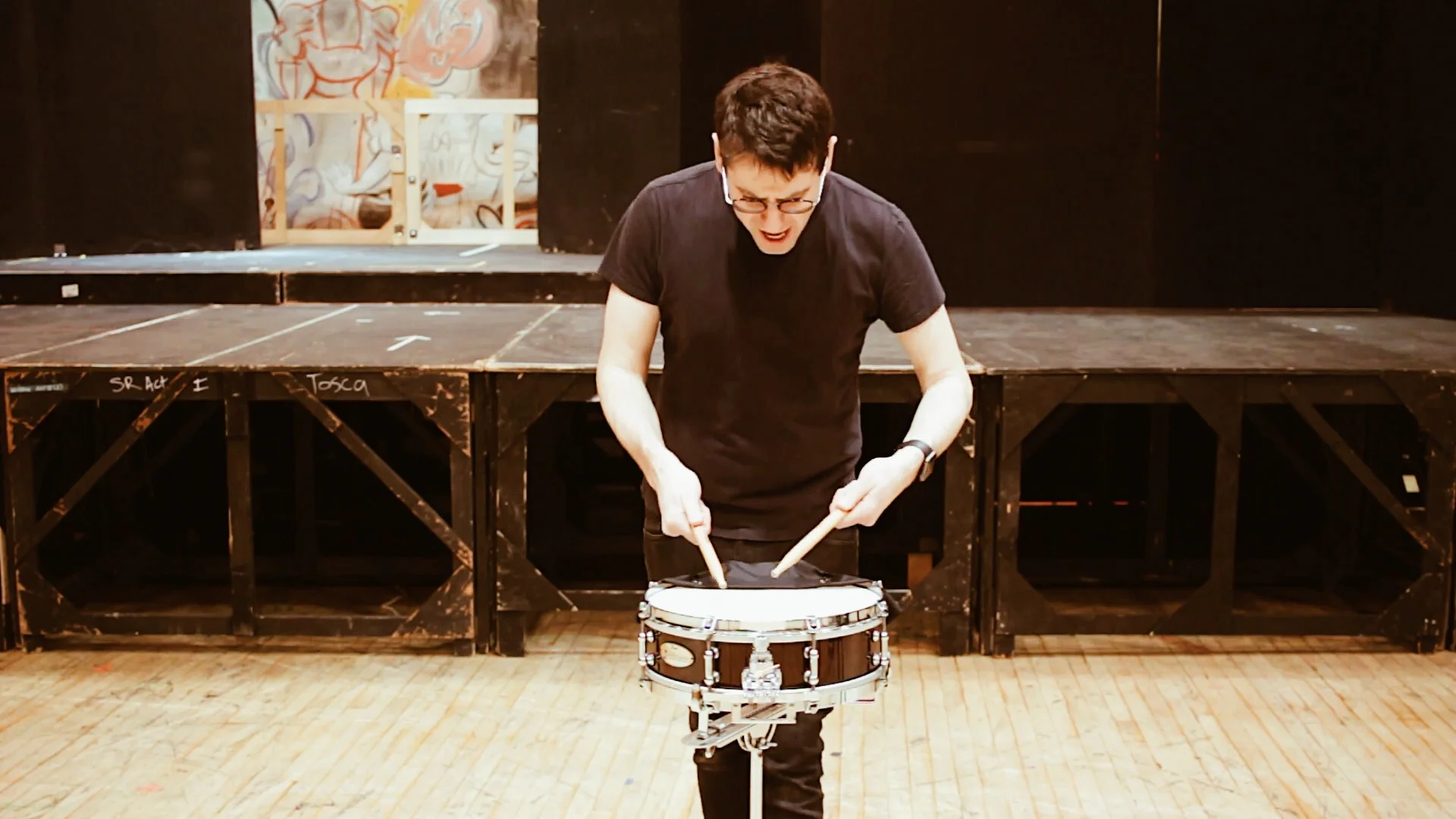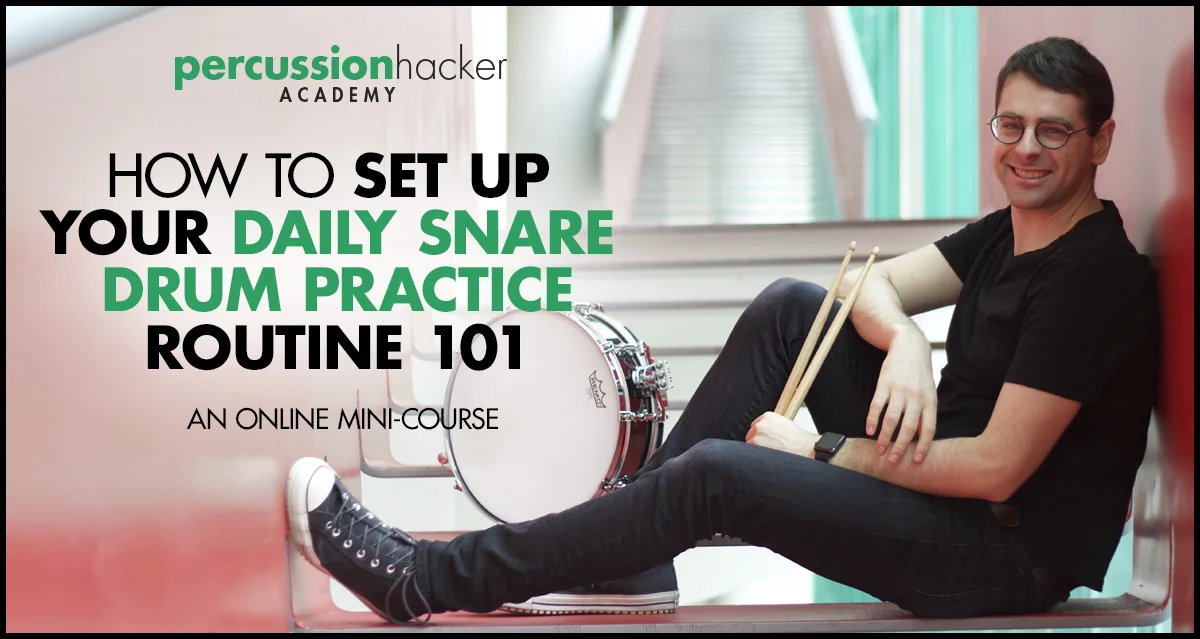school.
if your goal is to play in an orchestra, shouldn’t you focus on excerpts and auditions in college? or should you seek out a well-rounded musical education?
for instance, i went to juilliard for my undergrad where i studied everything…contemporary pieces with a thousand tom-toms, playing african beats while accompanying ballet dancers…everything. i also studied excerpts. but afterwards, i really wasn’t ready for auditions. i had to specialize and focus heavily on auditions for a couple years before i was ready to do well. but then i won a good job.
did i make the right choice? and how are you going to decide where you’re going to school?
i brought in one of my favorite people who really sees a lot of students develop from high school through college through their audition years to give you some advice on how to make your college decision. keith aleo is the teacher at interlochen arts academy and also listens to new world symphony auditions, and here’s his advice on how to choose a college.
want to nail your next audition?
here's the 5-part audition preparation method i used to win a job in the met orchestra.
(for any instrument!)

last week, duncan patton, my former colleague at the met opera, demonstrated how to build a basic legato stroke on timpani. today he’s back to show you the other 8 stroke types you should learn to build a complete sound pallet.
in high school i found an old PAS article on building a legato timpani stroke that changed my life. i didn’t know it at the time, but the author would turn out to be my colleague in the met orchestra, duncan patton. here’s duncan's guide to building a legato stroke, 22 years later.
your mallet bag should be a collection of the best of the best. you should choose new mallets in a scientific way, without wasting money.
on my first day of freshman year in college, greg zuber handed me a 283-page packet of snare drum exercises, charts, grip diagrams, and articles. thus began my college snare drum journey. in today’s video he explains some of his most important foundational snare drum concepts that you can incorporate into your daily snare warmup.
if you want to be an orchestral percussionist, should you do drum corps or will it ruin your stroke? i asked jake nissly, principal percussionist of the san francisco symphony and former member of the dubuque colts.
my 3-step plan to recover from a performance you'd rather forget
there’s no magic exercise to fix a shaky soft roll or uneven 4-stroke ruffs, so stop looking. the solution lies in how you practice.
includes VIDEO LESSONS, sticking, technical exercises, suggested tempo, excerpt recording, and recommended orchestra recording.
i asked legendary philadelphia orchestra percussionist angela zator nelson (angie for short) to come explain how she learns difficult mallet licks.











the snare drum seems like it could be the most boring instrument on earth. regardless, you still have to sound as musical as any violinist or oboist or trumpeter.
in today's video, i'm showing you 7 ways you can express phrasing and musicality on the snare drum.